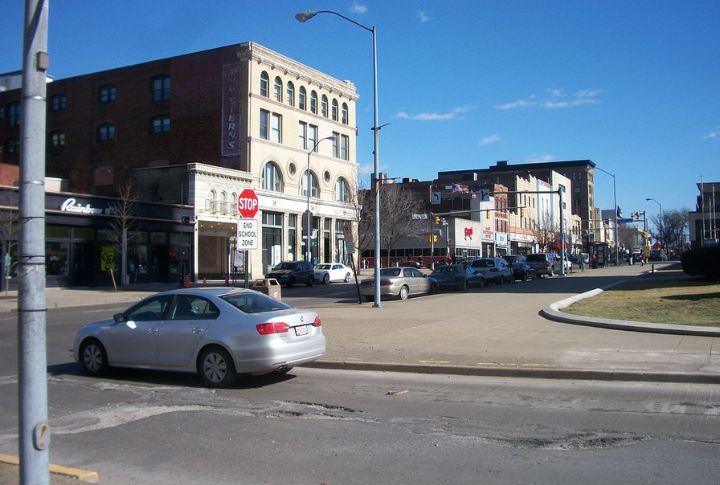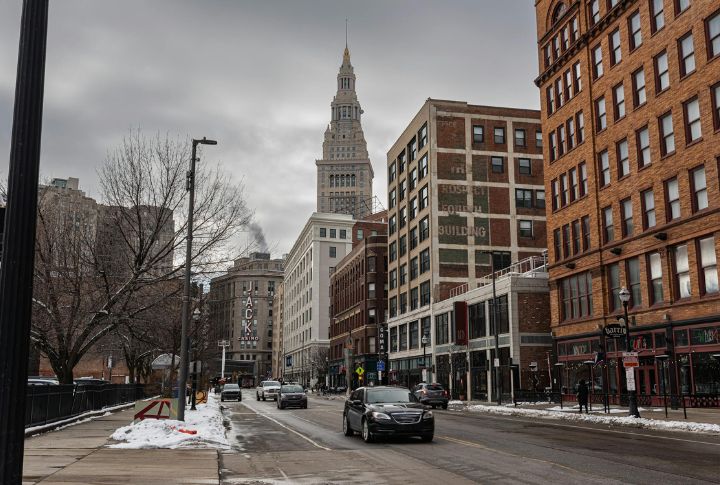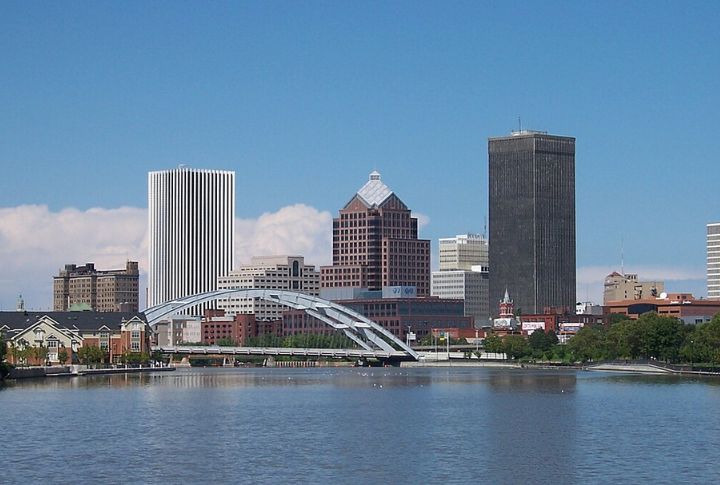Cities
Why Rent When You Can Own In These 10 Affordable Markets?

Rent prices continue to climb, but in these 10 cities, owning a home now costs less each month than renting. For buyers and agents alike, this shift marks a rare window of opportunity. Explore where smart investments meet real savings and make your move while the market is still in your favor.
Detroit, Michigan

Detroit’s median home prices have dipped below $85,000 in some areas, opening doors for individual buyers as investors pull back. One-bedroom rents top $1,100, making ownership more cost-effective long-term despite high property taxes.
Pittsburgh, Pennsylvania

Homeownership in Pittsburgh has gained traction as rent climbs past $1,400 in places like East Liberty. Many homes priced under $180,000 keep monthly costs manageable, and Allegheny County programs give new buyers an extra edge.
Cleveland, Ohio

Owning a home in Cleveland is becoming easier than renting. Mortgage payments on starter homes often hover near $850, while rents are up 7% compared to last year. The city also offers tax abatements in select areas, and local banks provide flexible loan terms that help more buyers enter the market.
Birmingham, Alabama

Buying in Birmingham now makes more financial sense than renting. Central neighborhood rents have jumped past $1,300, yet many homes under $200,000 remain on the market. For residents earning local wages, the combination of low prices and affordable insurance keeps monthly costs manageable.
Buffalo, New York

Since 2020, Buffalo’s rents have jumped over 20%, while mortgage payments in South Buffalo and Black Rock remain lower. State-backed grants support first-time buyers, and revitalization projects continue to boost interest. The city’s rising appeal hasn’t yet driven sale prices out of reach for determined buyers.
St. Louis, Missouri

With two-bedroom rents averaging $1,350 and homes in areas like Bevo Mill priced under $175,000, St. Louis tilts the scale toward buying. Plus, Missouri’s closing costs rank among the lowest nationwide. So, people who pay over 30% of their income on rent may find that owning a home offers financial relief.
Rochester, New York

Rochester’s rent has increased by more than 10% since 2021, but mortgage rates under 7% are shifting the balance. Zoned duplexes allow buyers to generate income while building equity. Credit unions and co-ops further sweeten the deal with buyer-friendly financing.
Memphis, Tennessee

Median rent in Memphis now exceeds $1,250, even in modest neighborhoods. With VA and FHA loans widely used and utility bills kept low by municipal providers, homeownership offers stability. As investor ownership declines, more listings become accessible to first-time and lower-income buyers.
Tulsa, Oklahoma

Renting in midtown Tulsa can cost 10–15% more each month than owning a home, even as prices hover near $230,000. Add in low property taxes and relocation perks through Tulsa Remote, and the buyer advantage becomes clear. The city offers a stable housing market with plenty of financial upside.
Milwaukee, Wisconsin

In Milwaukee, buying is finally tipping the scale against renting. Rents have outpaced inflation for three straight years, but homes under $200,000 on the South Side now cost less each month. Buyers also benefit from forgivable down payment loans and a growing supply of foreclosures that boost their leverage.

